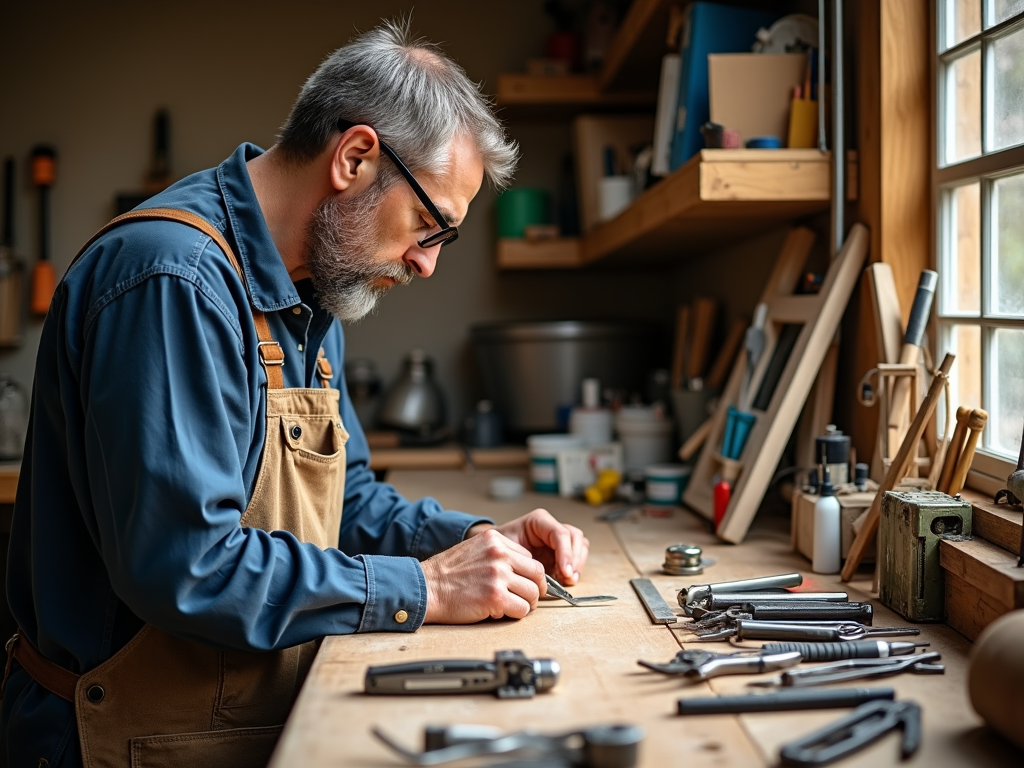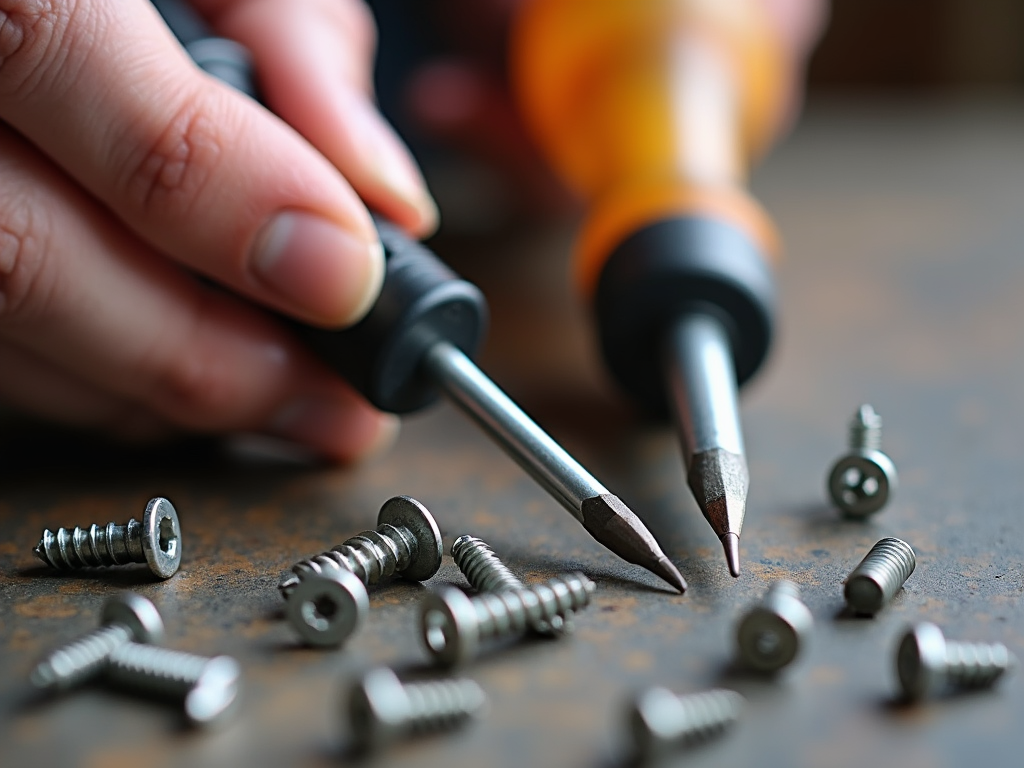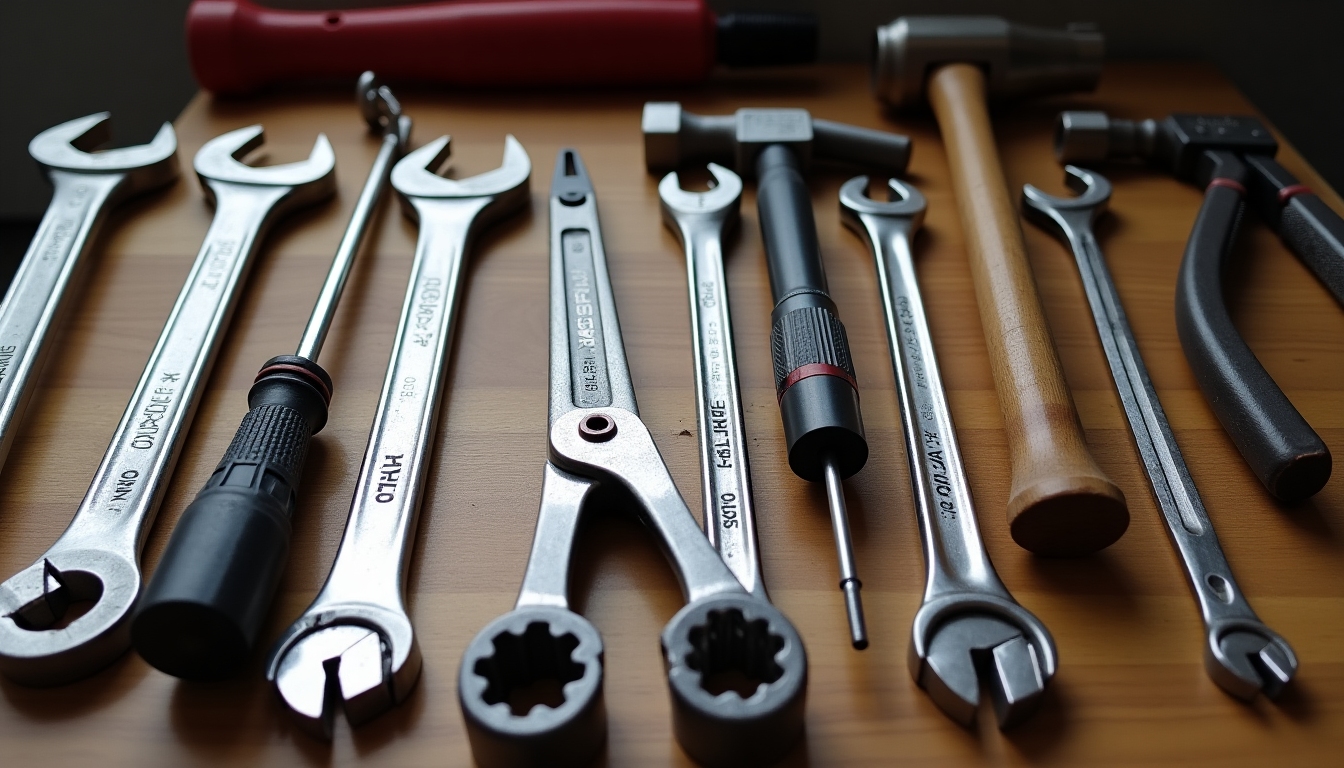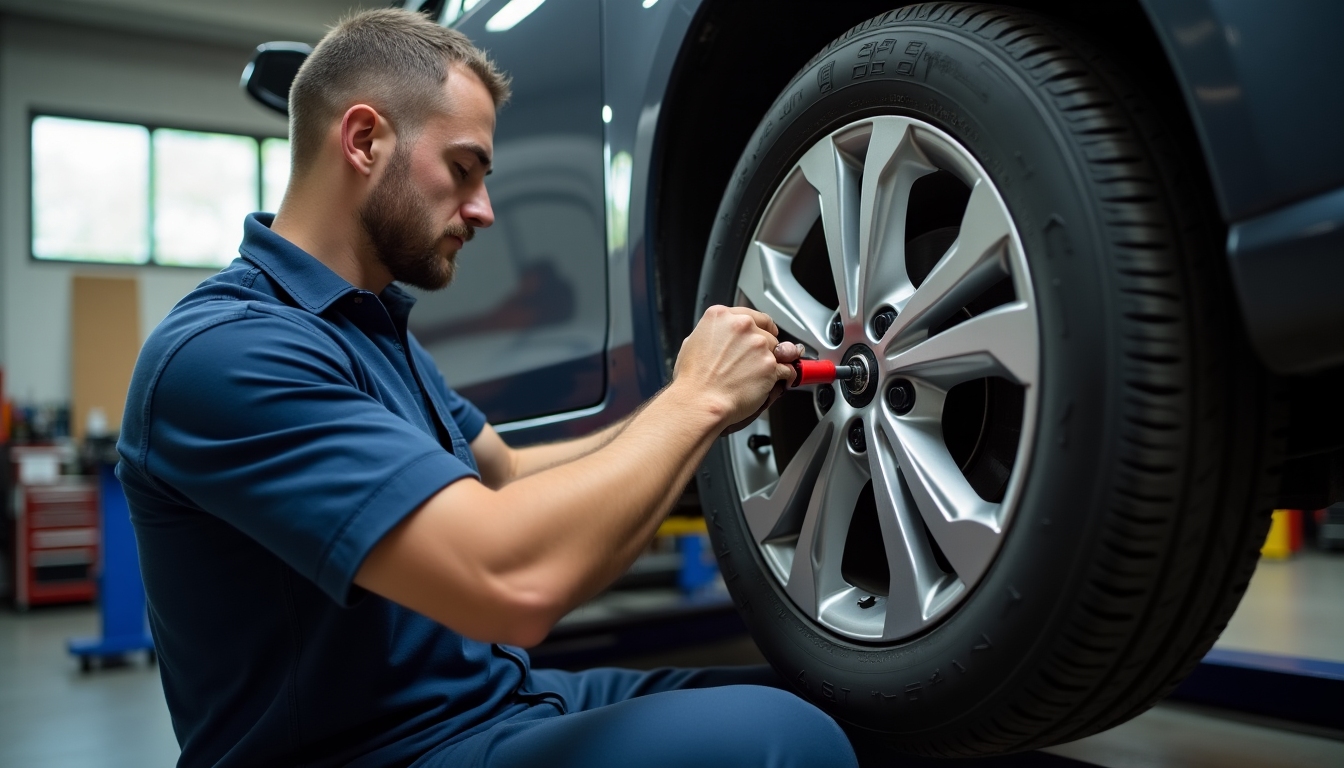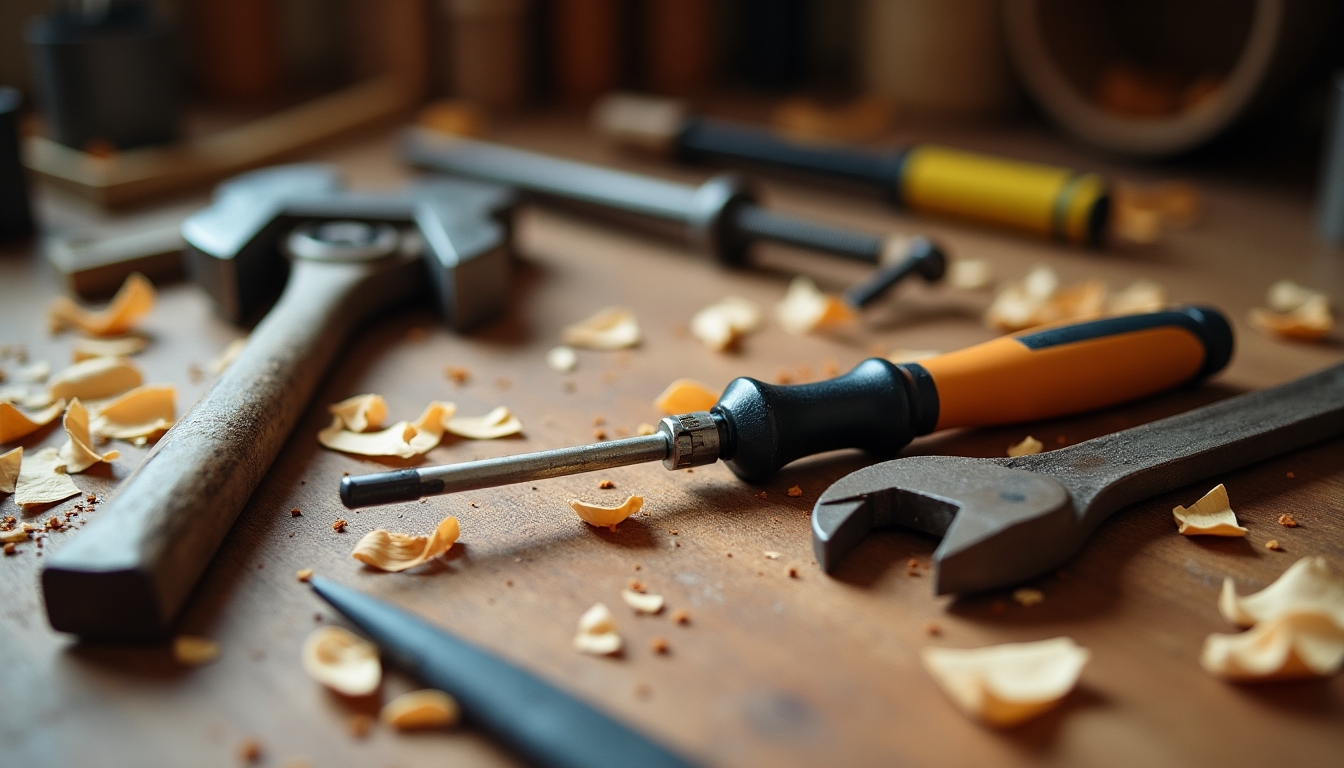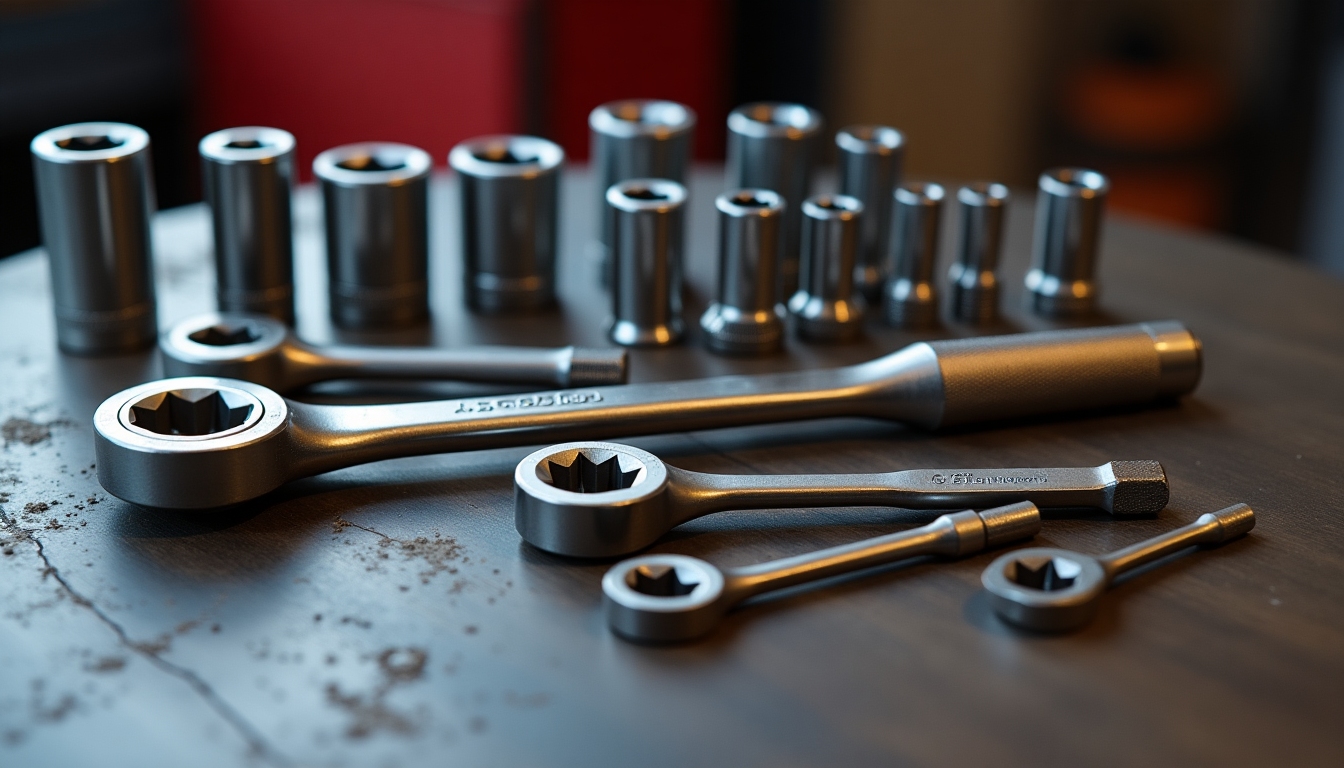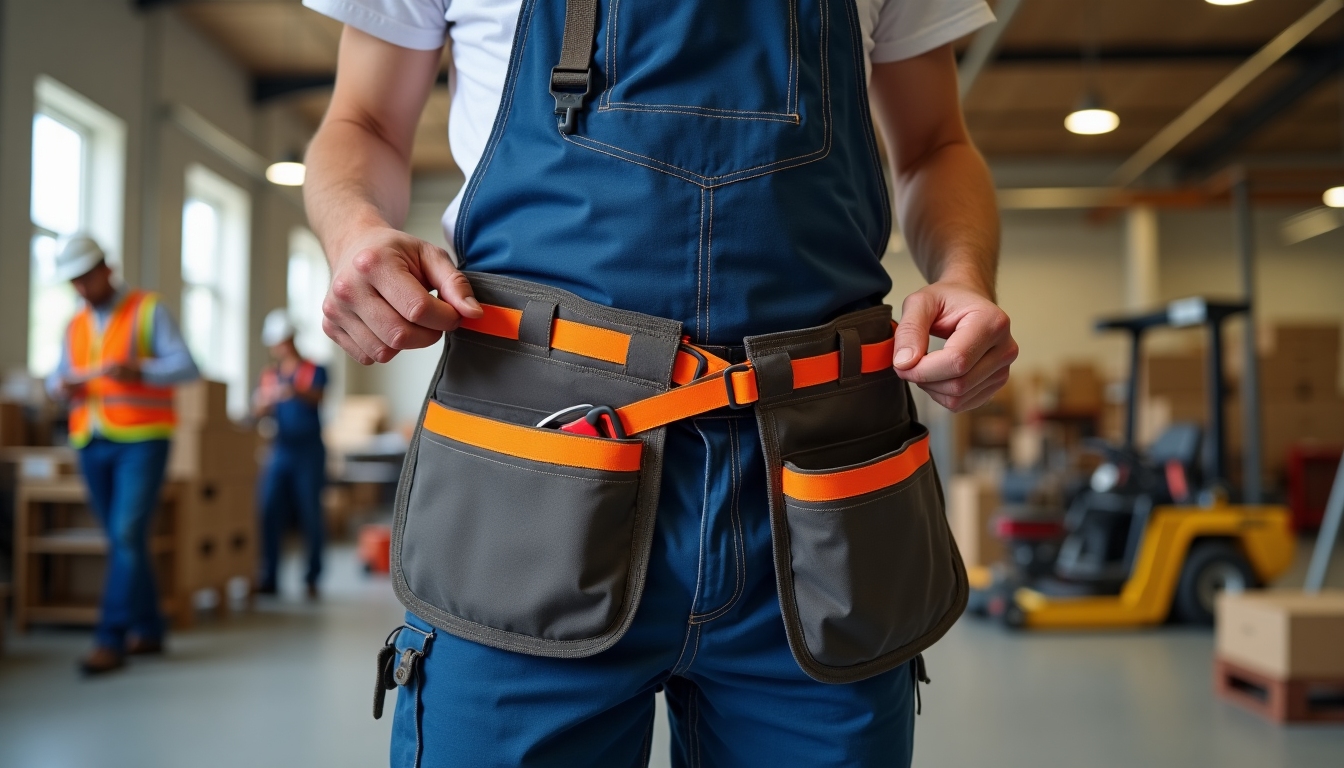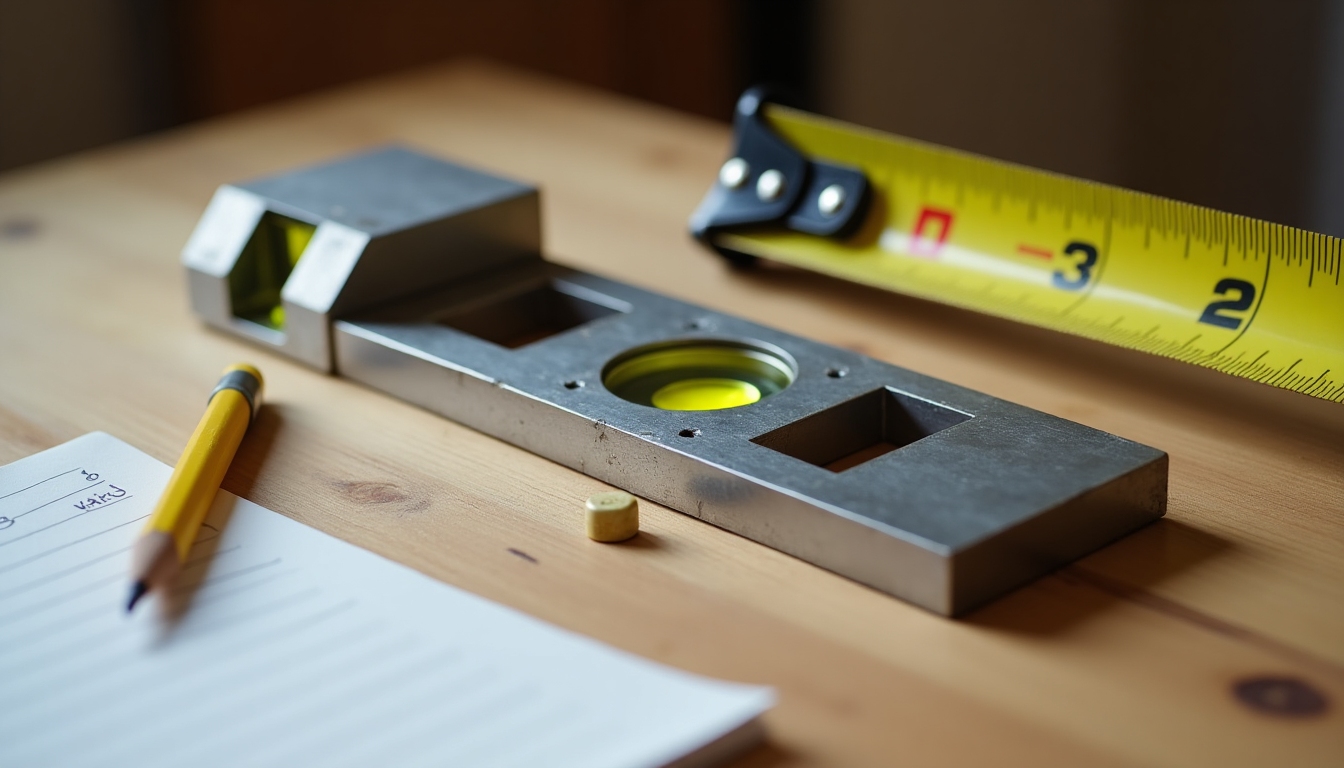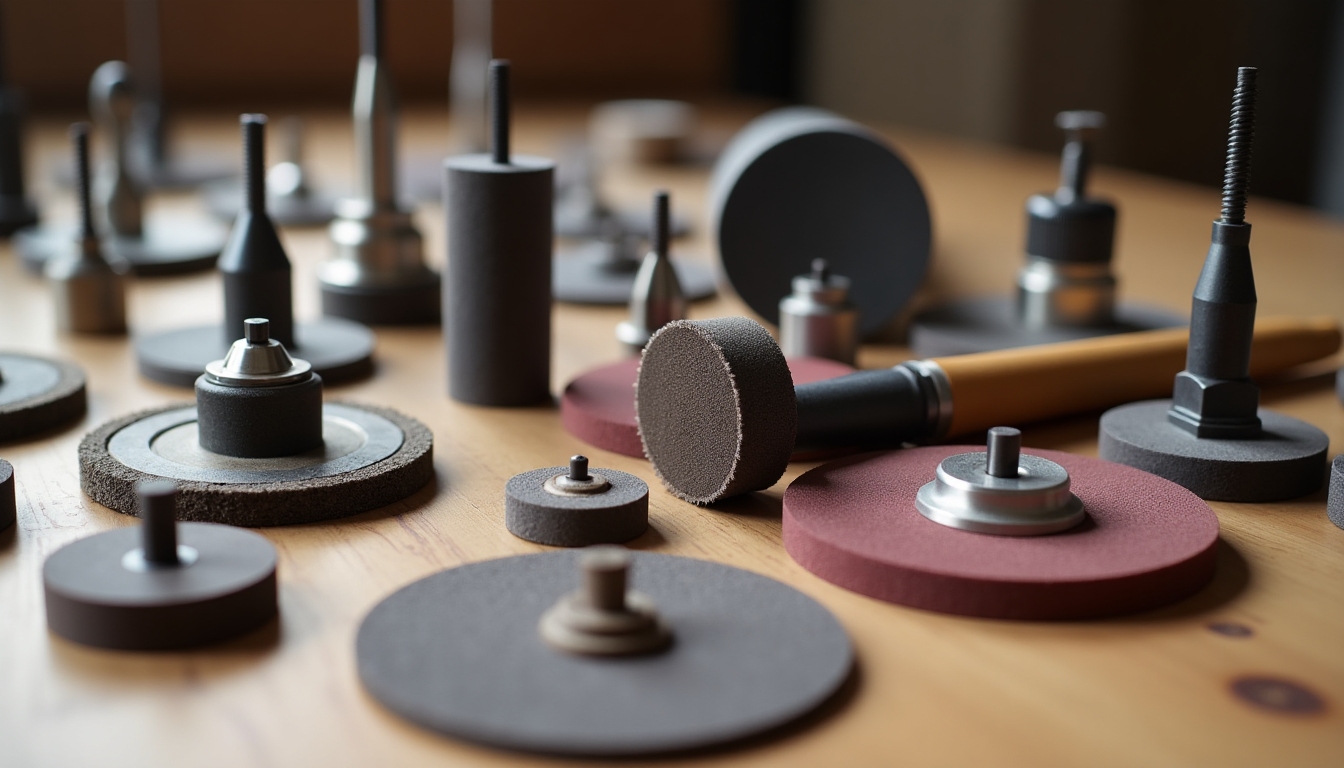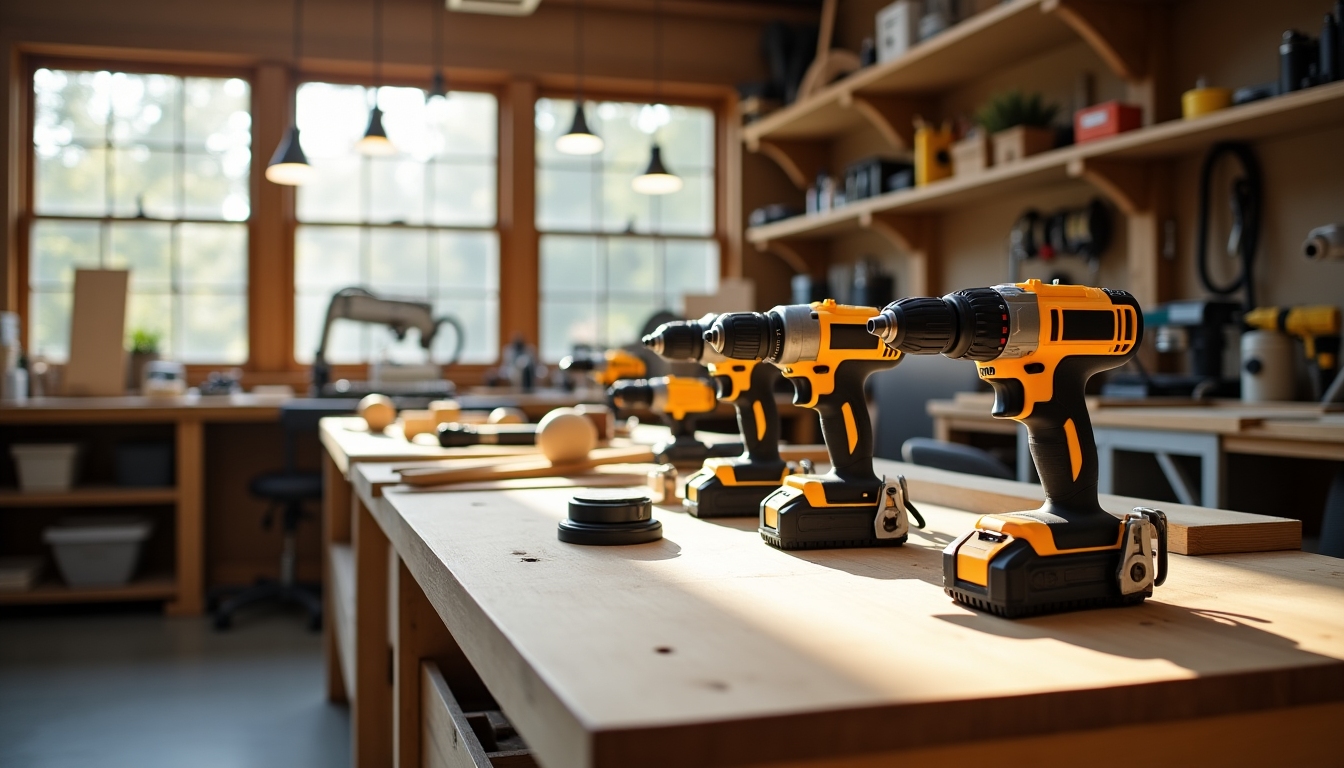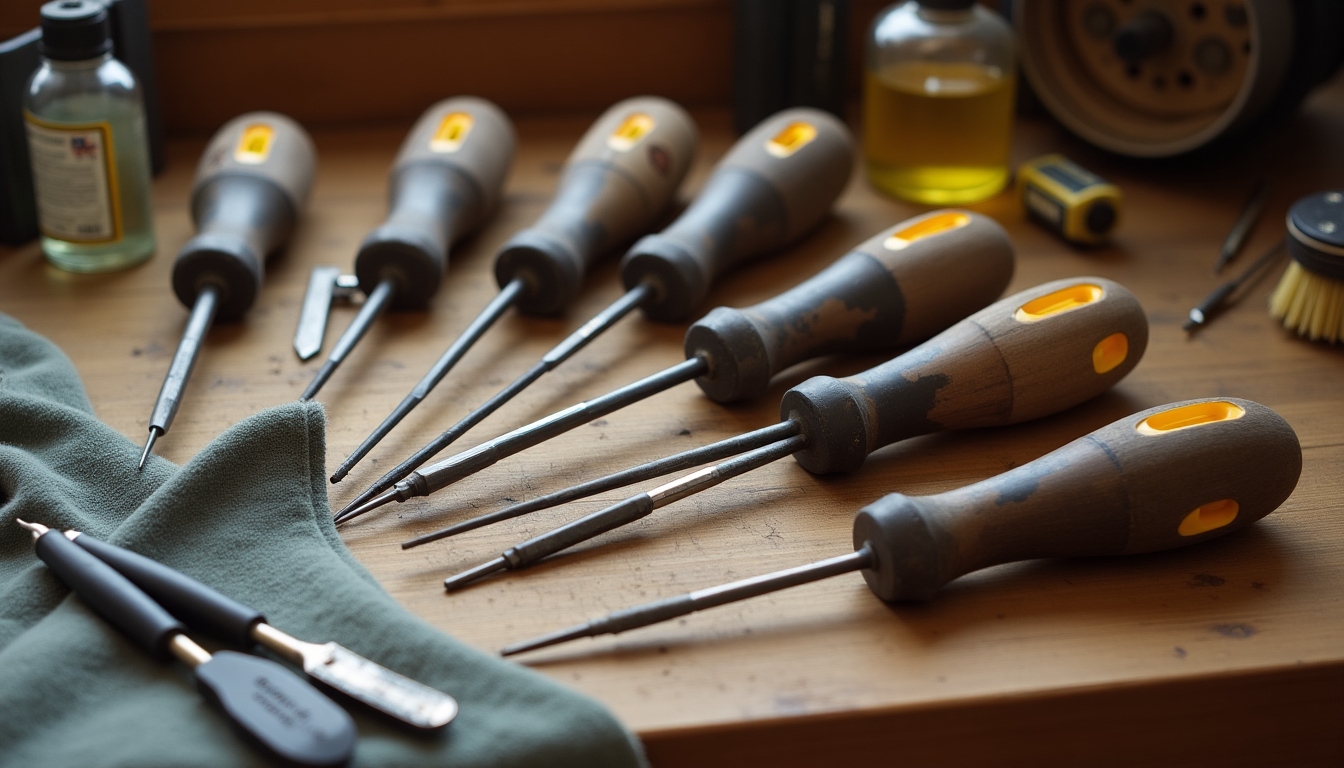Every mechanic, whether a seasoned professional or a weekend DIY enthusiast, knows the importance of having the right tools for the job. A well-equipped toolbox not only makes repairs easier but also ensures that the work is done correctly and efficiently. In this article, we'll explore the top 10 hand tools that every mechanic should have at their disposal. From wrenches to multimeters, these tools are essential for tackling a wide range of mechanical tasks.
- Combination Wrenches
A set of combination wrenches is a must-have for any mechanic. These wrenches feature an open end and a box end, allowing you to tackle various bolt sizes and types. The open end is great for quickly loosening or tightening bolts, while the box end provides a secure grip for more stubborn fasteners. When I first started working on cars, investing in a good set of combination wrenches was one of the best decisions I made. It saved me from constantly borrowing tools and made my work much more efficient.
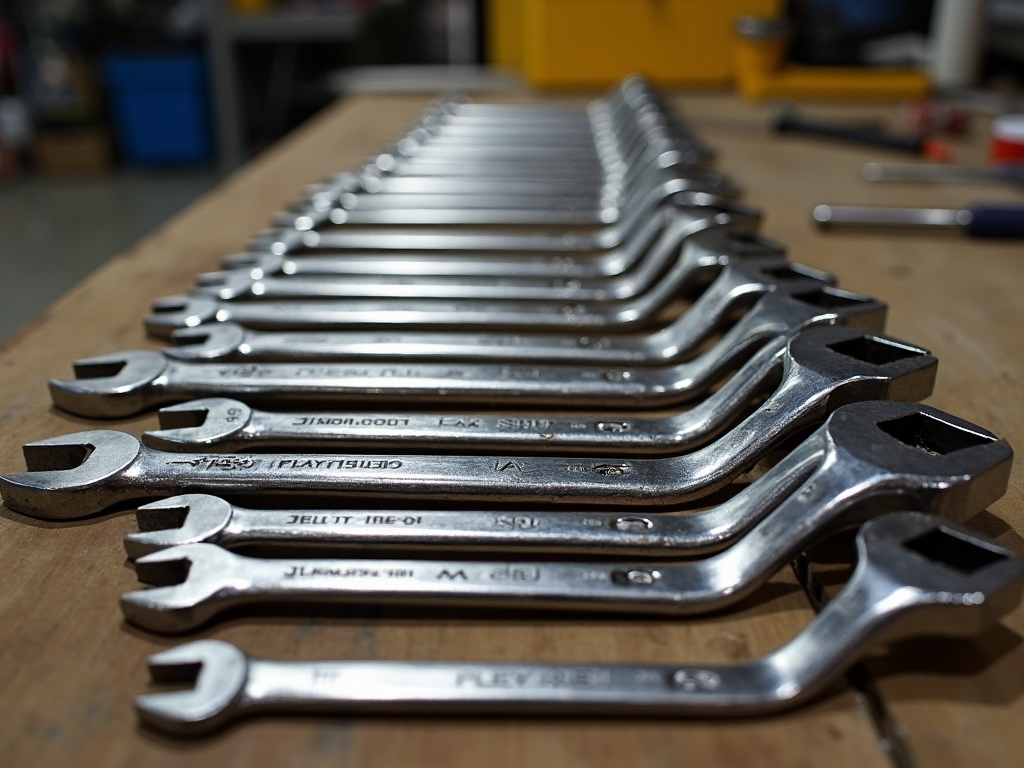
- Ratcheting Wrenches
Ratcheting wrenches are a game-changer, especially when working in tight spaces. Unlike traditional wrenches, ratcheting wrenches allow you to loosen or tighten bolts without removing the wrench from the fastener. This is particularly useful in engine compartments where space is limited. I remember a time when I had to replace a starter motor; the ratcheting wrench made the job so much easier because I didn't have to remove other components to access the bolts. If you're looking for the best ratcheting wrenches for fast repairs, consider investing in a set with a slim profile and a high tooth count for smoother operation.

- Screwdrivers
No toolbox is complete without a good set of screwdrivers. You'll need both flathead and Phillips head screwdrivers in various sizes to handle different screws. I've found that having a variety prevents stripping screws and makes the job easier. Look for screwdrivers with comfortable grips and magnetic tips for better control and convenience.
- Pliers
Pliers are incredibly versatile tools that can be used for gripping, bending, and cutting. A good selection includes needle-nose pliers for reaching into small spaces, slip-joint pliers for adjustable gripping, and locking pliers for holding parts in place. I often use needle-nose pliers to retrieve small parts that have fallen into hard-to-reach areas.
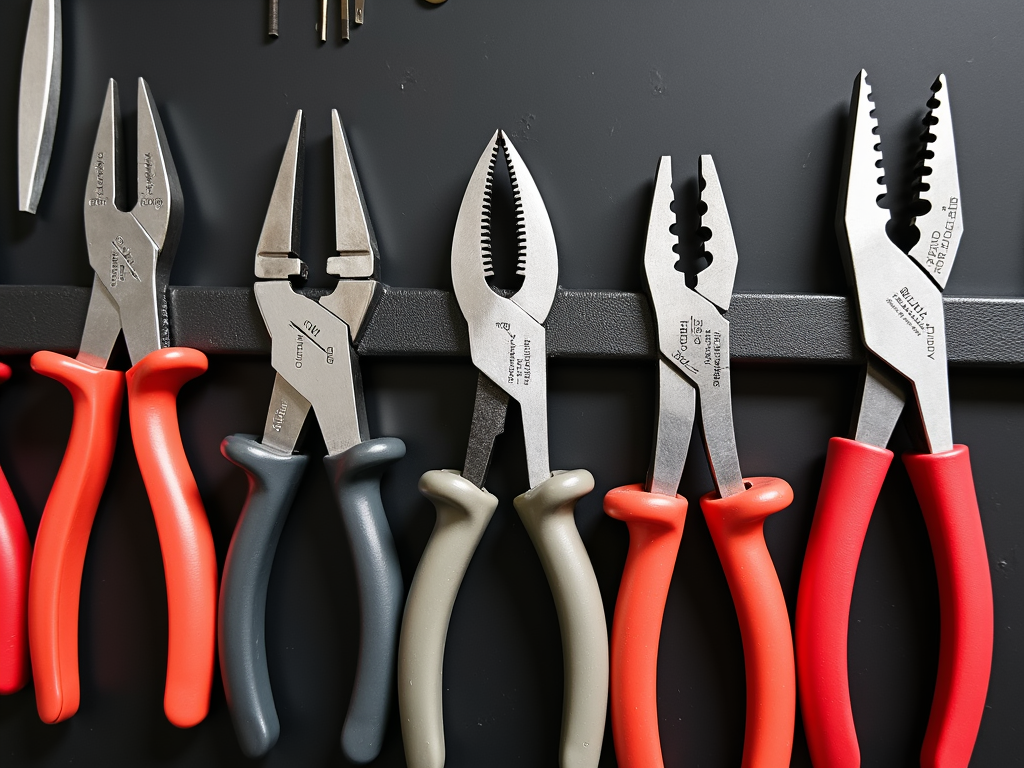
- Socket Set
A comprehensive socket set is arguably the most used tool in a mechanic's arsenal. With a ratchet handle and a variety of socket sizes, you can quickly tackle bolts and nuts of different dimensions. I recommend getting a set that includes both metric and standard sizes to cover all your bases. Additionally, extensions and universal joints can help you reach awkward spots.
- Hammer
A hammer is essential for tasks that require a bit of force, such as striking punches or chisels. A ball-peen hammer is particularly useful in mechanical work because of its versatility. I've used it for everything from seating bearings to freeing stuck components.
- Allen Wrenches (Hex Keys)
Allen wrenches, or hex keys, are necessary for many modern mechanical components, especially in automotive and bicycle repairs.
- Torque Wrench
A torque wrench is essential for ensuring that bolts are tightened to the correct specification. This is critical for safety and performance, especially in systems where precise fastener tension is required, like in engine assembly.
- Pry Bar
A pry bar is useful for leveraging and prying apart components. It can be incredibly helpful for removing stuck parts or getting leverage in tight situations. I've found it to be invaluable when dealing with rusted or seized components.
- Multimeter
A multimeter is an essential tool for diagnosing electrical issues. I've used it countless times to check battery voltage, test circuits, and find shorts. For anyone working with electrical systems in their vehicles, a multimeter is a must-have.
In summary, having the right tools is crucial for any mechanic, whether you're a professional or a DIY enthusiast. Investing in quality hand tools not only enhances efficiency but also ensures that repairs are done safely and correctly. By equipping yourself with these top 10 hand tools, you'll be well-prepared to tackle virtually any mechanic task.
Related Top 10 Hand Tools Every Mechanic Needs:
- Top 5 Multi-Tools Every Craftsman Needs
- Screwdriver Safety Tips: Essential Guide for Workman Tools
- The Ultimate Beginner's Guide to Automotive Repair Tools
- How Torque Wrenches Improve Accuracy in Car Repairs
- Common Workshop Tool Problems and Solutions: A Guide to Screwdriver Maintenance and More
- Must-Have Hand Tools for Mechanics: A Comprehensive Guide
- The Ultimate Guide to Tool Belts with Ergonomic Designs
- Essential Workman Tools: Must-Haves for Every Toolbox
- Mastering Rotary Tool Accessories and Attachments
- The Ultimate Guide to Power Tools for Woodworking Enthusiasts
- Top Screwdriver Maintenance Tips
- Power Washer Maintenance Tips
